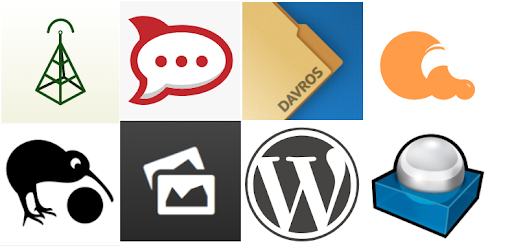3.8 Network sharing
3. Community controlled DIY networks
Community controlled DIY networks are alternatives to expensive Internet providers. As opposed to global corporate Internet Service Providers (ISPs), DIY networks are deployed by the community and managed at the local level. Communities can control the content within the DIY networks, and exclude inappropriate material, advertising and tracking.
Rather than being driven by profits, community owned DIY networks focus on the actual needs of community members. It allows communities to record and share news and information that is locally relevant, supporting local governance by promoting cooperation among community members. So, for example, the DIY network could host a calendar of upcoming community events and services (e.g. health visits, transportation), provide daily or weekly news updates, compile useful information such as current market prices for produce, alongside acting as a repository of media on community owned solutions to local challenges.
DIY networks consider digital information as a commons: a resource that needs to be managed fairly for the benefit of all community members. The governance processes of digital commons follow closely those developed for other common pool resources such as water, air, fish and pasture. What is usually required is a management committee that can deal with the basic technology, can support and train community members in uploading and accessing information, and can monitor that the network is used fairly.
So how can a DIY network be used in practice? The figure below showcases some of the open source (free) software tools that can be installed on a Raspberry Pi ‘server’.

Free tools which could be installed for community use within a DIY network (from top-left to bottom-right):
- Etherpad - for collaborative word processing
- Rocket: for sending chat messages
- Davros - for file storage and sharing; QuickSurvey - for polls and surveys
- Kiwix - for developing a local wikipedia
- Lychee - for photo albums
- WordPress - for designing and publishing a website
- RoundCube - for hosting an email service